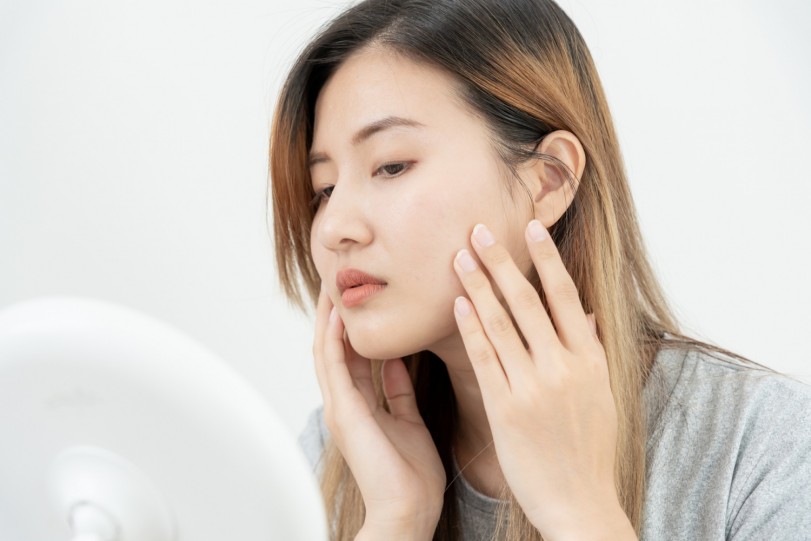
Our bodies produce natural collagen, but as we age, production decreases. To make it worse, some habits can cause further loss.
Natural Collagen Production
Collagen is a crucial protein in the body, constituting about one-third of the total protein. It acts as a building block for skin, bones, muscles, tendons, and ligaments. This "glue" holds the body together, although the term is an exaggeration.
Collagen plays a vital role in maintaining skin elasticity, and its decline can cause fine lines. It is essential for the body's structure and integrity, and with age, its production slows down, leading to various issues.
Losing Your Natural Collagen
Collagen production naturally decreases with age, leading to skin aging and other issues. However, factors like excess sun exposure, smoking, excess alcohol, and lack of sleep and exercise can accelerate this process.
Environmental exposures can also damage collagen fibers, causing wrinkles. The natural reduction in collagen production begins in your 20s, decreasing by 1% each year. This reduction worsens during and after menopause. While you can't stop aging, you can control certain factors to minimize collagen loss. It's important to accept the natural aging process and focus on preserving skin integrity.
Stop These Bad Habits
Aging is something we cannot stop. However, there are bad habits that contribute to lower levels of collagen in the body.
Sun Exposure
Excessive sun exposure can harm collagen levels, leading to premature aging like wrinkles, age spots, and dry skin. UV rays damage collagen through various mechanisms, including DNA changes and the production of free radicals. Protect your skin with SPF and sunglasses to prevent collagen breakdown, even on cloudy days when UV rays can still penetrate.
Smoking
Smoking introduces toxins that cause inflammation and damage collagen, leading to a loss of elasticity and premature aging. Quitting smoking is essential for your overall health and collagen levels.
Sugar Consumption
Excess sugar intake leads to glycation, where sugars attach to collagen, weakening it and causing wrinkles and sagging skin. Limit sugar and opt for natural sweeteners like stevia or honey.
Lack of Sleep
Adequate sleep is crucial for producing growth hormones that repair damaged cells, including collagen. Lack of sleep increases cortisol, a stress hormone that breaks down collagen.
Stress
Stress causes cortisol production, which breaks down collagen and reduces its production. Manage stress with activities like exercise, meditation, or hobbies.

